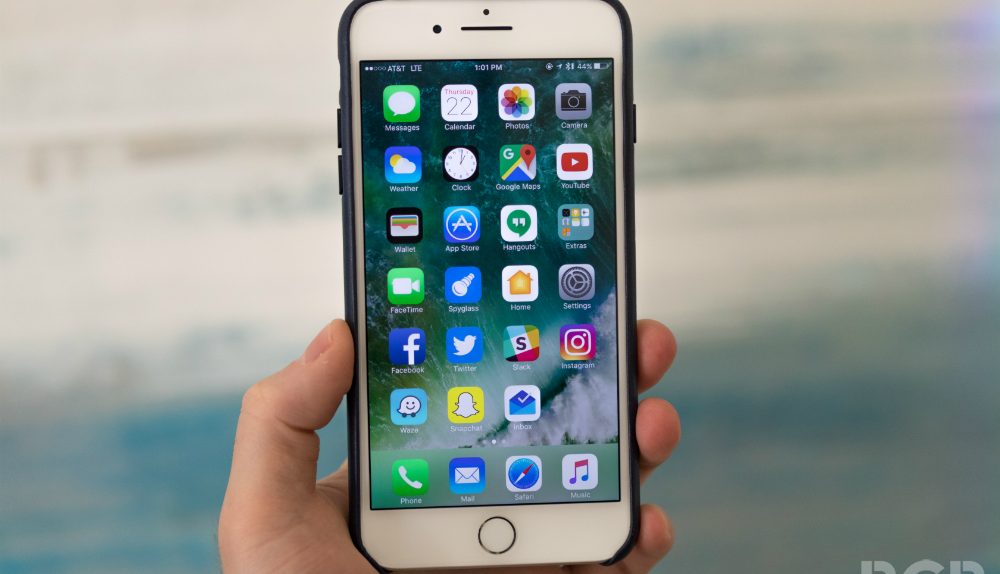Right out of the gate, the iPhone 7 appeared to be just what Apple needed to make analysts forget about disappointing iPhone sales. The iPhone 6s, if you recall, marked the first time that year-over-year iPhone sales experienced a decline. In turn, many analysts and tech pundits were quick to declare that we had finally reached Peak iPhone and that Apple’s best days were behind it.
The iPhone 7, however, appeared ready to change that. Early on, iPhone 7 pre-orders were off the charts. T-Mobile, for example, remarked that iPhone 7 pre-orders were 4 times higher than what the company saw with the iPhone 6. Sprint, meanwhile, said that iPhone 7 pre-orders were 375% higher compared to the previous year.
DON’T MISS: Every video game launching this fall that you need to know about
By all accounts, all of the early data we saw strongly suggested that the iPhone 7 was finally going to inject a bit of life into slumping iPhone sales.
But now comes word via reputed analyst Ming-Chi Kuo that the hysteria and excitement surrounding the iPhone 7 may, surprisingly enough, be a bit overblown. According to new research report published over the weekend (via AppleInsider), Kuo anticipates that iPhone 7 sales in 2016 will check in lower than iPhone 6s sales from 2015.
A bright spot for Apple, according to Kuo, is that the company is seeing much higher than expected demand for the higher-margined iPhone 7 Plus. Kuo speculates that this is likely due to the Galaxy Note 7 recall and the highly regarded iPhone 7 Plus dual camera system. All the same, strong iPhone 7 Plus sales, Kuo believes, won’t be enough to offset an overall decline in cumulative iPhone 7 sales.
All that said, it’s important to remember that all of this talk regarding iPhone sales remains nothing more than mere speculation at this point. Once Apple releases its earnings report in October and later again in January, we’ll get a much clearer idea as to how consumers are taking to Apple’s next-gen iPhone model.
While iPhone 7 shortages can easily be attributed to strained supply and not necessarily skyrocketing demand, it’s hard to reconcile Kuo’s statements with record-breaking pre-orders from carriers like T-Mobile and Sprint. Even AT&T noted that iPhone 7 pre-orders had exceeded the company’s expectations.
Incidentally, not every analyst is on board with Kuo’s bleak iPhone 7 outlook. As we detailed last week, some South Korean analysts believe that iPhone 7 sales in 2016 may top 100 million units.








